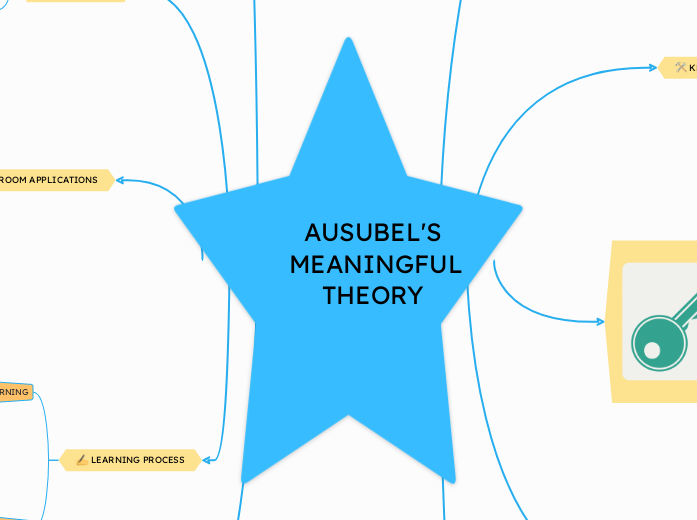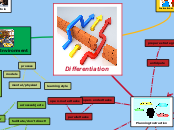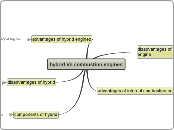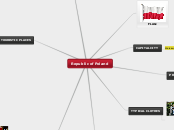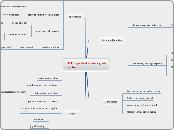a laura daza 6 hónapja
63
AUSUBEL'S MEANINGFUL THEORY
Ausubel's theory focuses on meaningful learning, emphasizing understanding and connecting new information to existing knowledge. It identifies different types of learning: representational, conceptual, and propositional.
